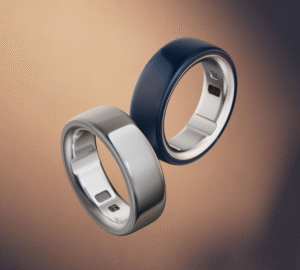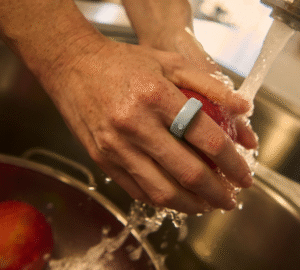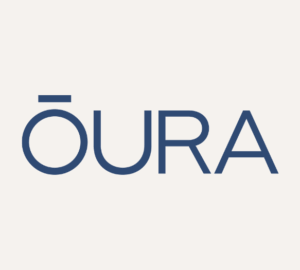Who: Mykera B., 39, New York
Surprising Oura insight: Mykera thought that she needed to get up early to be productive. Since using Oura, she realized that sleeping in later boosts her Readiness Score and enhances her productivity throughout the day.
What led you to Oura?
In 2020, I started feeling weird and knew that something was wrong. I went to my doctor , and I found out that I had stage 4 kidney failure, type II diabetes, sleep apnea, and fatty liver disease. I also had to get an emergency hysterectomy.
This was a big wake-up call for me. I was overweight and not taking care of my health. Despite trying every diet on the planet, I couldn’t seem to lose weight. It makes sense, considering I had untreated diabetes. I decided to get bariatric surgery and start prioritizing my health once and for all.
When you have bariatric surgery, you are required to go to therapy. My therapist asked how my sleep was, and it was the first time I had taken the time to consider sleep as part of the conversation on health. This started my journey to better sleep. I won an Oura Ring in a contest, which began my journey toward better sleep.
READ MORE: How Tracking Oura Data Paved the Way to This Member’s 75-Pound Weight Loss
How has your sleep evolved since using Oura?
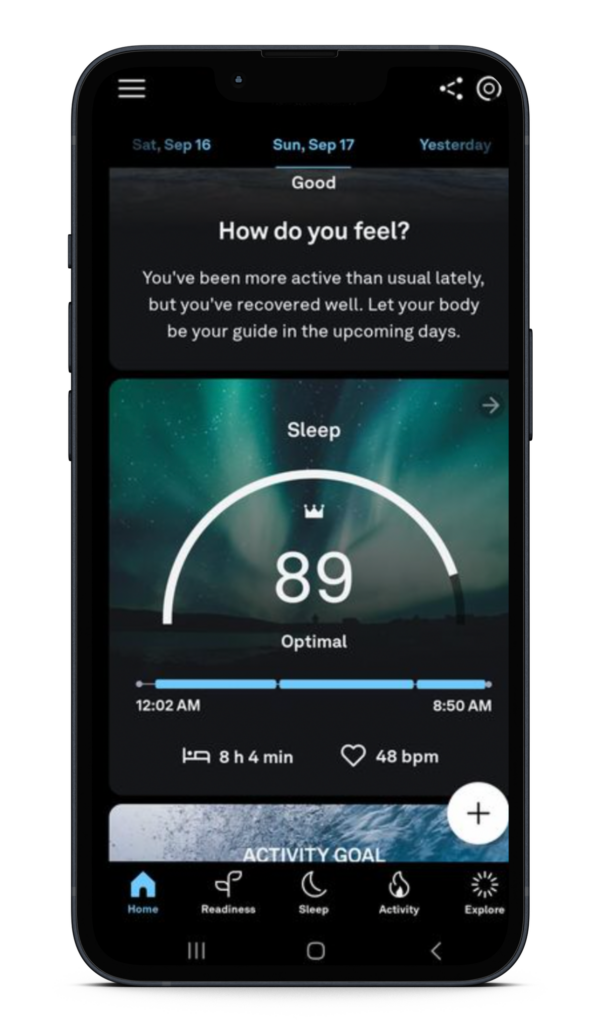
I was sleeping four to six hours a night. I would always wake up early to get everything done – but I would have to drink four to six cups of coffee or energy drinks to get through the day.
After work, I would push myself to exercise despite the exhaustion. Then, I’d have to look after my two kids until they go to sleep. My husband works a different shift than me, so I’d stay up late to hang out with him. Often, I’d fall asleep the second I sat down. Overall, I’d say I was spreading myself very thin, and my sleep was suffering.
Now, I sleep better. I started to notice that when I sleep in a bit later, my Sleep Score is higher, and I’m still able to get everything that I need to get done! I’ve weaned myself off caffeine – only having one to three coffees a day, usually before a run for an extra kick. I’ve been doing the caffeine experiment on the Oura App with the Experiments feature, and it’s interesting to see how late-day caffeine was impacting my sleep!
I drink herbal tea in the evening, read, and sometimes listen to the Sleep Stories in Oura’s Explore content to help me wind down before bed. Reducing my stress before bed has helped me sleep more soundly.
READ MORE: How Stress Affects Your Sleep
How has improving your sleep impacted your life?
Previously, I would experience constant brain fog, and I felt like I was drunk because I was so tired.
Since sleeping better, I’ve seen a huge improvement in my ability to think and learn. Things that used to take me a week to figure out I can now solve easily. I’m more productive at work, and my co-workers are noticing! This has all happened because I’ve started sleeping better.
My stress levels have also gone down. Before, I struggled to cope with things. I would go home and vent about how bad things were and feel constantly frustrated.
Now, when I have to deal with a stressful situation, it’s not as traumatic. I’m able to cope with things better and don’t let it get to me. Oura has given me more awareness of my sleep and it has helped me feel mentally lighter.
I also have more energy to exercise. I’ve taken up running, and it’s a lot easier to run when you feel rested!
READ MORE: The Benefits of Sleep for Brain Health
| “Through Oura, I’ve learned that sleep is the most underrated recovery tool out there. People know that hydration and nutrition are important, but it’s easy to forget about sleep. If you want to run further or faster, you’ve got to sleep!” |
Tell us about your fitness journey.
After giving birth to my daughter, I decided to join a “Couch to 5K” race, which I enjoyed at the time. I did it again after I gave birth to my son. I was significantly overweight and found it more difficult.
After my surgery, I did another “Couch to 5K” program, and this time, the running habit stuck. I started running often and am currently training for a half marathon.
I train four to five times a week consisting of some easy runs, speed workouts, and a long run. It’s about five to eight hours worth of running a week. I’ve lost 120 to 125 lbs since my surgery, and I’ve fallen in love with running.
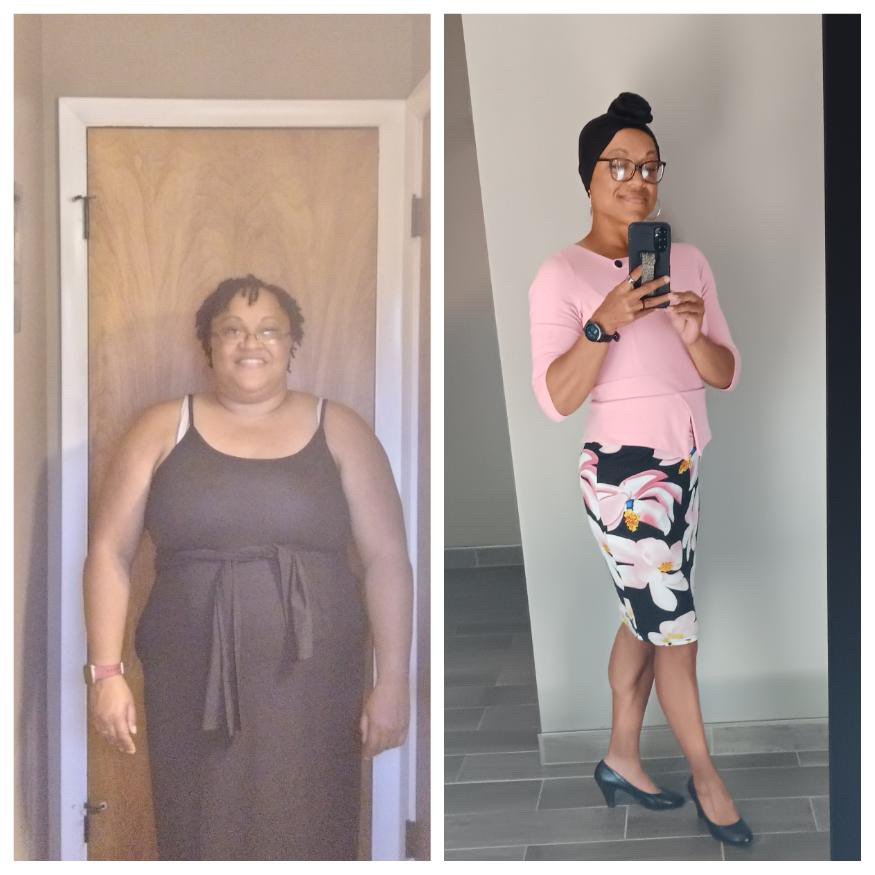
LEARN MORE: How Oura Measures Steps & Activity
Through Oura, I’ve learned that sleep is the most underrated recovery tool out there. People know that hydration and nutrition are important, but it’s easy to forget about sleep. If you want to run further or faster, you’ve got to sleep!
My Readiness Score informs my habits. When it’s high, I do a more intense run. When it’s low, I’ll either do an easy run or take a rest day.
RELATED: How This Member Used Oura to Support Her Weight-Loss Journey
What’s Your Oura Story?
Everyone’s story is unique, and we’d love to hear yours. Share your story here.







